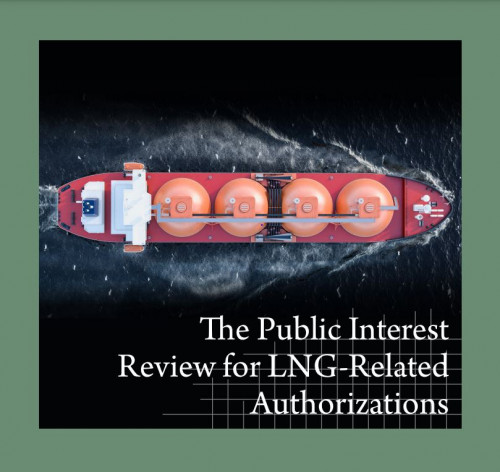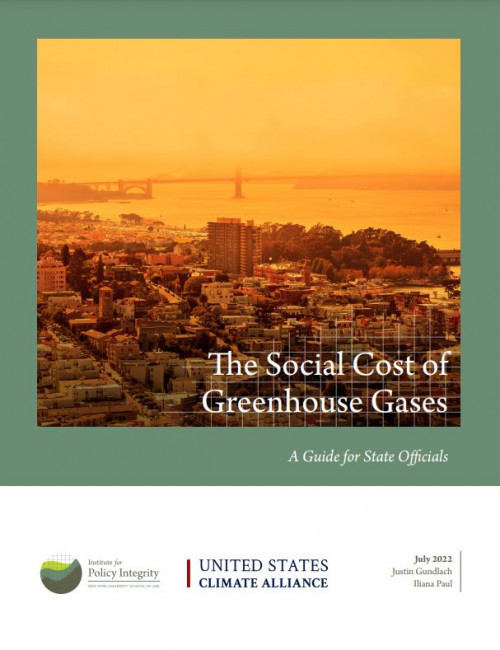The Institute for Policy Integrity produces a variety of publications. Our research reports develop in-depth research on our core issues, while our policy briefs and issue briefs provide focused analysis on more timely or particular topics. Our academic articles and working papers offer original scholarly research and analysis from established experts as well as fresh new voices.
Latest Publications
-
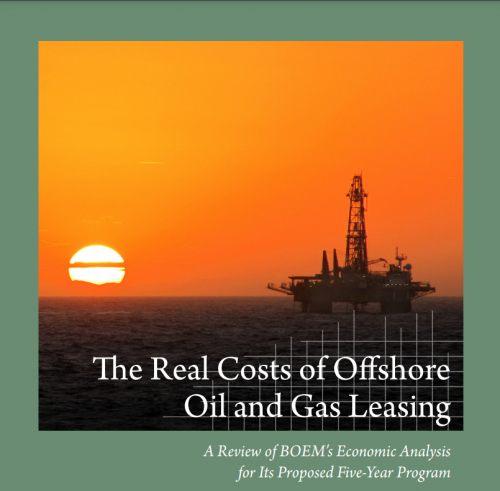
The Real Costs of Offshore Oil and Gas Leasing
A Review of BOEM’s Economic Analysis for Its Proposed Five-Year Program
In July 2022, the Bureau of Ocean Energy Management (BOEM) released its proposed Outer Continental Shelf oil and gas leasing program for 2023–2028. That plan contemplates holding up to 11 lease sales over the next five years, and conducts an economic analysis concluding that the benefits of those lease sales would exceed the costs. This report provides comprehensive feedback on BOEM’s economic analysis. As the report details, BOEM vastly understates the environmental and social costs of offshore leasing in several key ways.
-
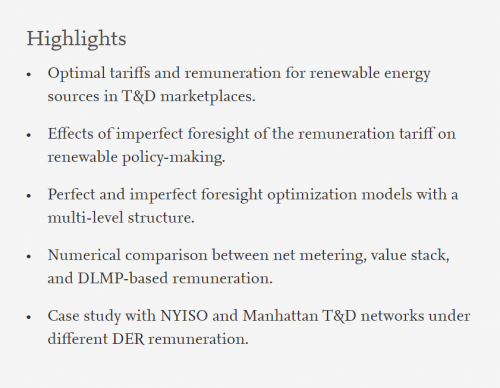
Impact of Imperfect Foresight on Optimal DER Deployment, Remuneration and Policy
Published in Applied Energy
This paper proposes a decision-making framework to optimize electricity tariffs and remuneration policy for renewable energy sources operating in transmission- and distribution-level (T&D) marketplaces. The authors develop perfect and imperfect foresight models with a multi-level structure to investigate the effects of the inability of actors to correctly predict future remuneration on the efficiency of the decisions made by policymakers.
-
The Public Interest Review for LNG-Related Authorizations
After a meteoric rise in production over the past decade, the United States has become the largest exporter of liquefied natural gas (LNG) in the world. Yet, the analysis behind LNG terminal and export approvals overlooks climate and environmental justice impacts, despite promises of imminent reform. Policy Integrity’s new report provides a comprehensive look at the Department of Energy’s (DOE) and the Federal Energy Regulatory Commission’s (FERC) past practice in this space and offers recommendations for improving their review of the climate and environmental justice impacts of LNG approvals.
-
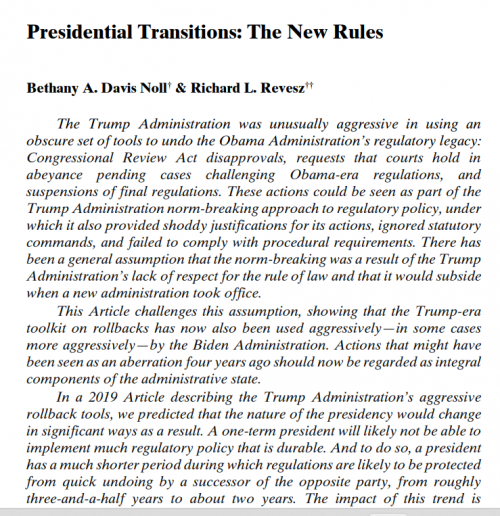
Presidential Transitions: The New Rules
Published in Yale Journal on Regulation
There has been a general assumption that the norm-breaking was a result of the Trump Administration’s lack of respect for the rule of law and that it would subside when a new administration took office. This article challenges this assumption, showing that the Trump-era toolkit on rollbacks has now also been used aggressively—in some cases more aggressively—by the Biden Administration. Actions that might have been seen as an aberration four years ago should now be regarded as integral components of the administrative state.
-
The Social Cost of Greenhouse Gases: A Guide for State Officials
As states step up on climate action, they need a way to weigh climate goals against other policy objectives. The social cost of greenhouse gases (SC-GHG) can help policymakers understand the costs and benefits of climate action and inaction. This new guide for state officials explains why the SC-GHG is a useful policy tool and how it can be applied.

